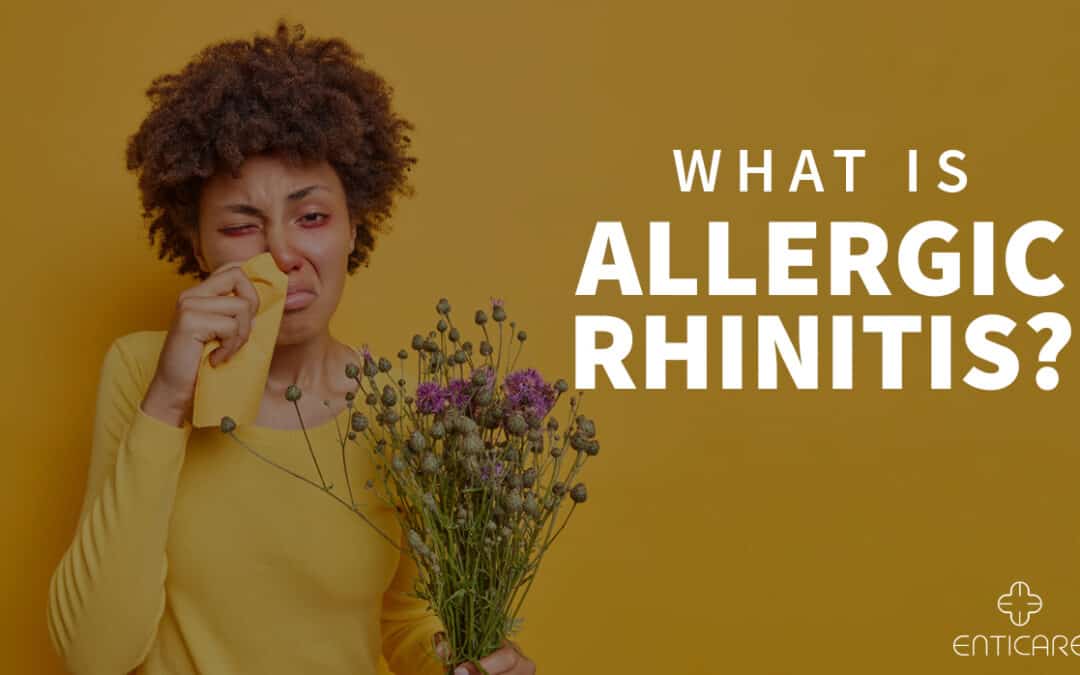Do you struggle with a runny nose, itchy eyes, and sneezing during certain times of the year? If so, you may be suffering from allergic rhinitis, also known as hay fever. This condition affects millions of people worldwide and can have a significant impact on daily life.
What is Allergic Rhinitis?
Allergic rhinitis is an immune system reaction to allergens such as pollen, dust mites, pet dander, and mold. When these allergens enter the body, the immune system releases histamine and other chemicals that cause inflammation and swelling in the nasal passages, leading to the characteristic symptoms of sneezing, runny nose, itching, and congestion.
Diagnosis and Treatment
In individuals with allergic rhinitis, the immune system erroneously perceives a usually innocuous substance, known as an allergen, as a threat. In response to the allergen, the immune system releases histamine and chemical mediators, triggering symptoms commonly observed in the nose, throat, eyes, ears, skin, and the roof of the mouth. Diagnosing involves a comprehensive approach, including medical history, physical examination, and allergy testing. Skin prick tests or blood tests pinpoint specific allergens triggering symptoms.
A range of treatments exists to manage, encompassing over-the-counter and prescription medications, environmental adjustments, and immunotherapy. Over-the-counter antihistamines and decongestants offer temporary relief, while prescription medications like nasal corticosteroids and leukotriene modifiers provide long-term solutions.
Minimizing exposure to allergens is crucial in symptom reduction. This involves closing windows during high pollen counts, utilizing air filters at home, and avoiding contact with triggering pets. Nasal saline irrigation and steam contribute to allergen removal and decreased nasal congestion.
For severe cases, immunotherapy or allergy shots prove effective. This gradual exposure to increasing allergen amounts builds immunity and reduces sensitivity over time.
Living with Allergic Rhinitis
Allergic rhinitis can significantly impact daily life and overall well-being. Collaborating with a healthcare provider to establish an effective treatment plan and regular reassessment ensures optimal management and symptom reduction.
In conclusion, with proper diagnosis and treatment, you can say goodbye to hay fever. If you are suffering from symptoms of sneezing, runny nose, and itchy eyes, it may be time to seek help with one of our providers at Enticare, contact us at 480-214-9000.

